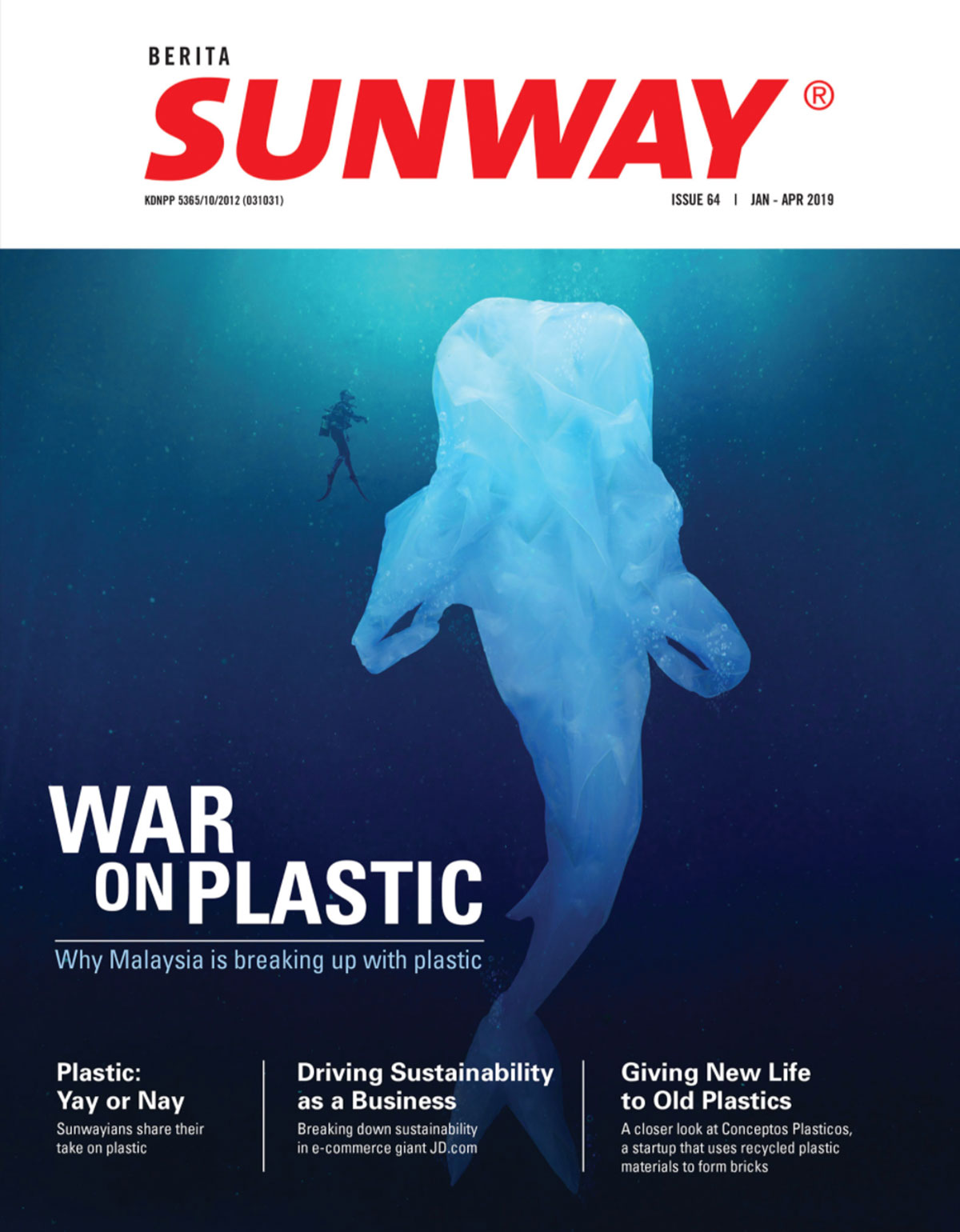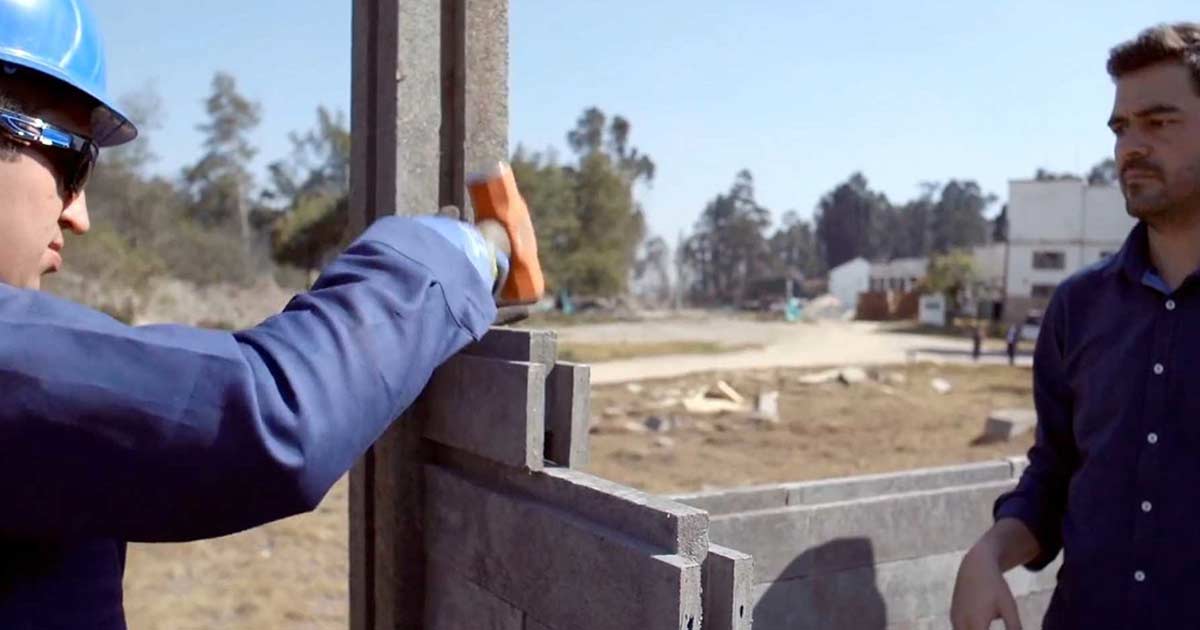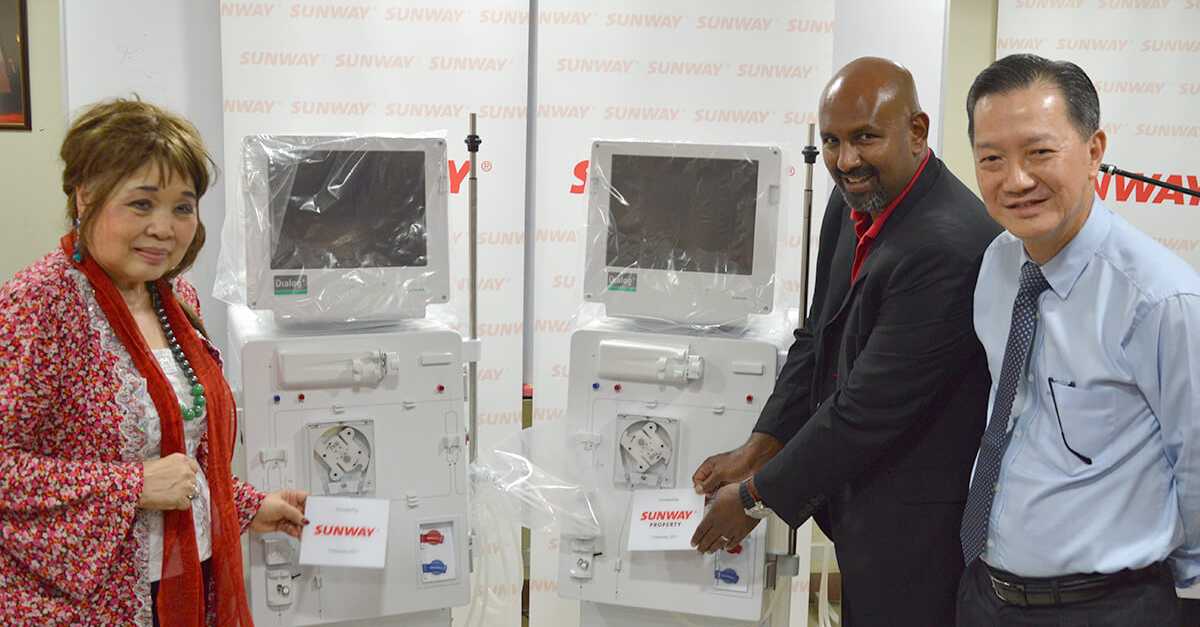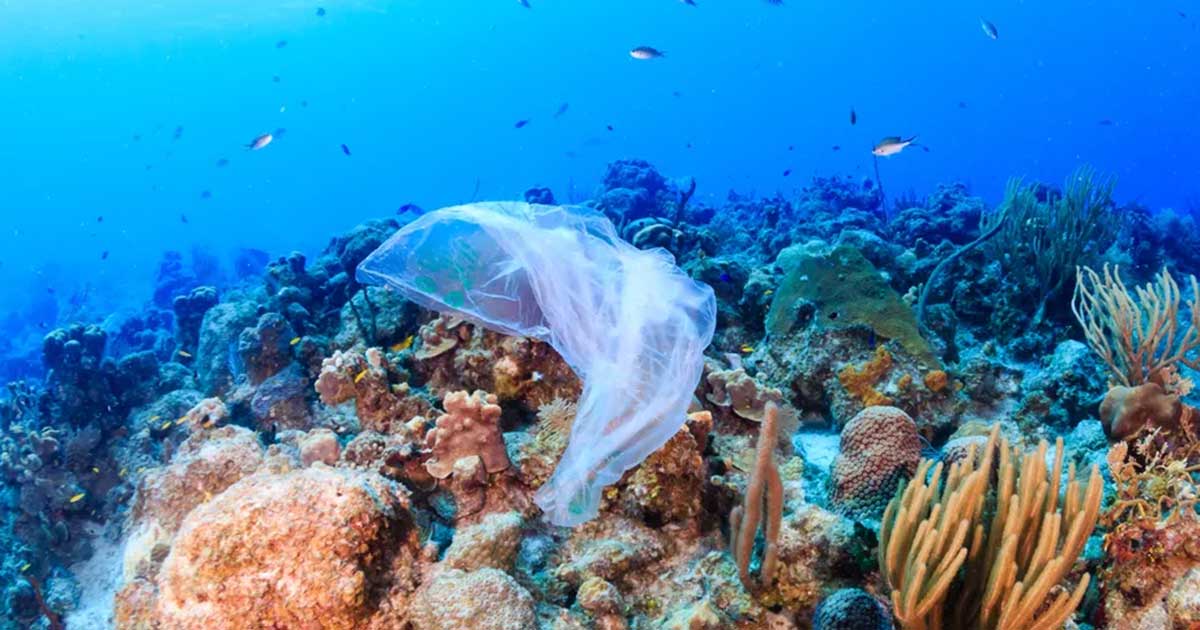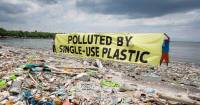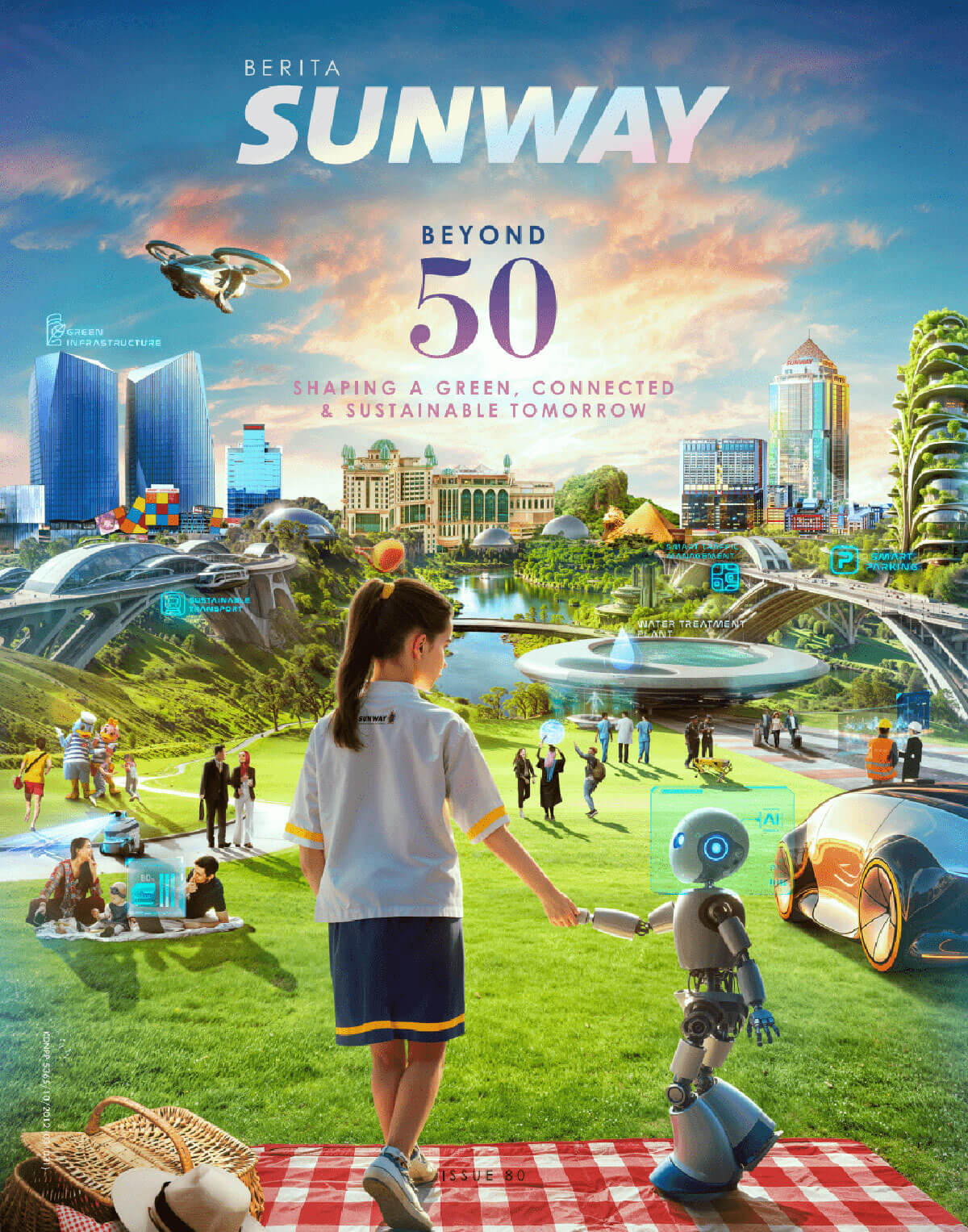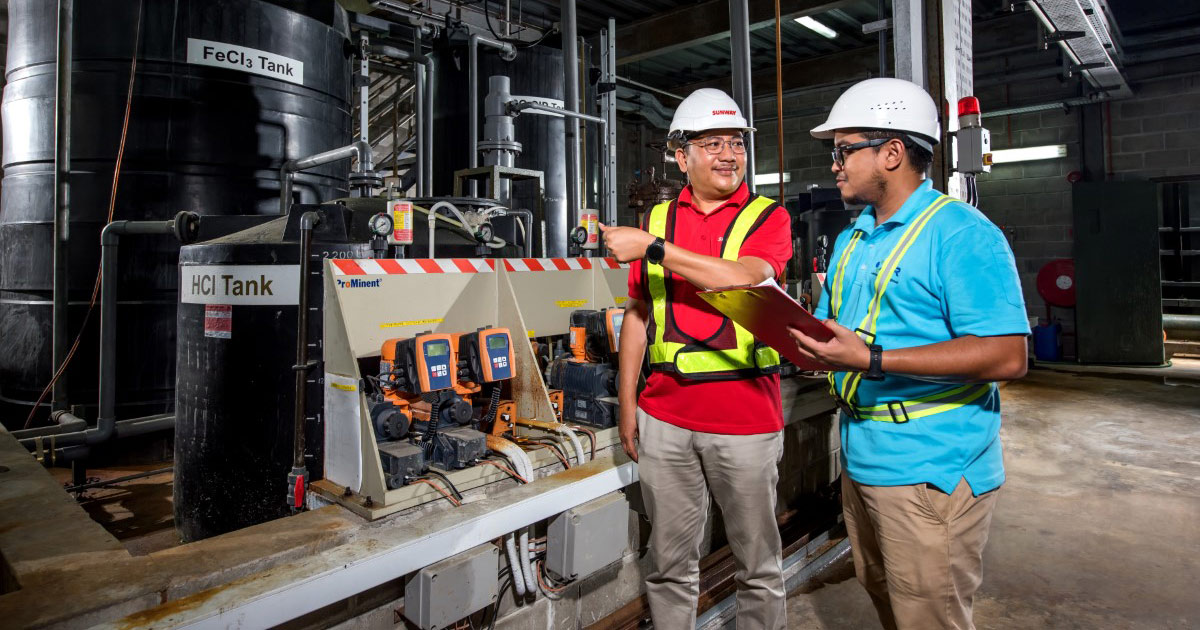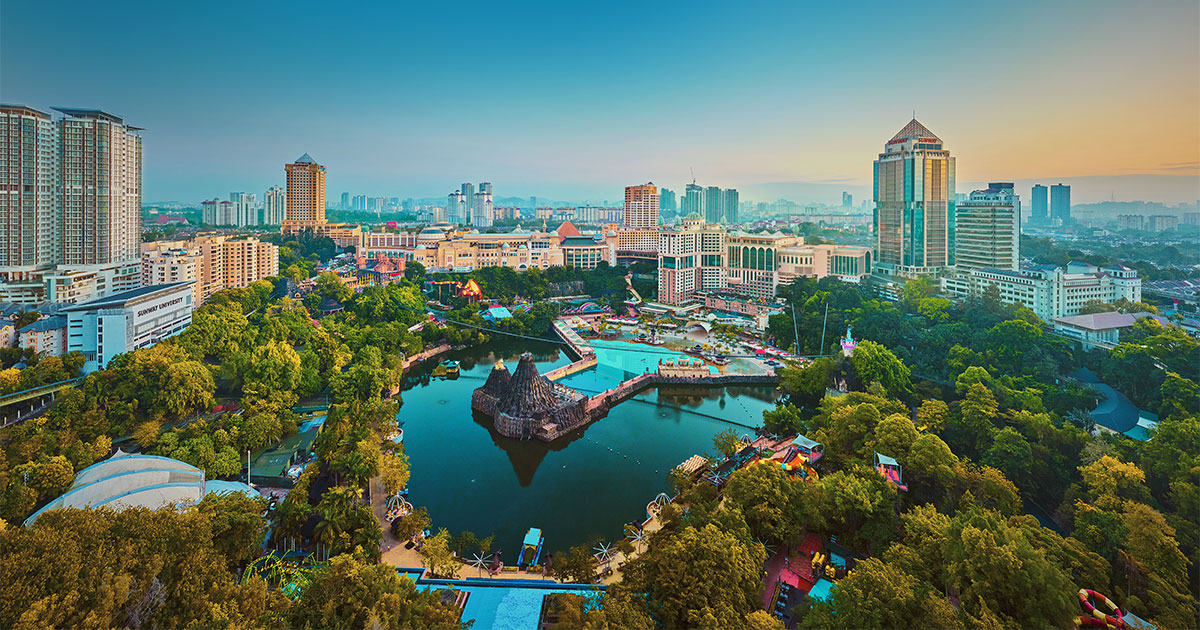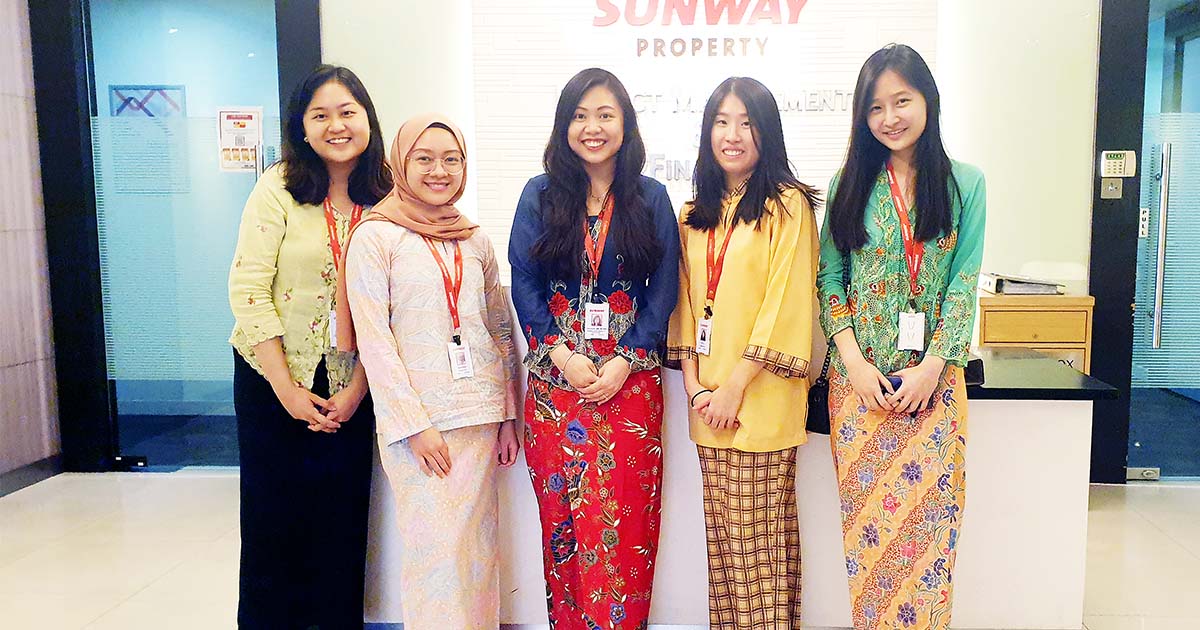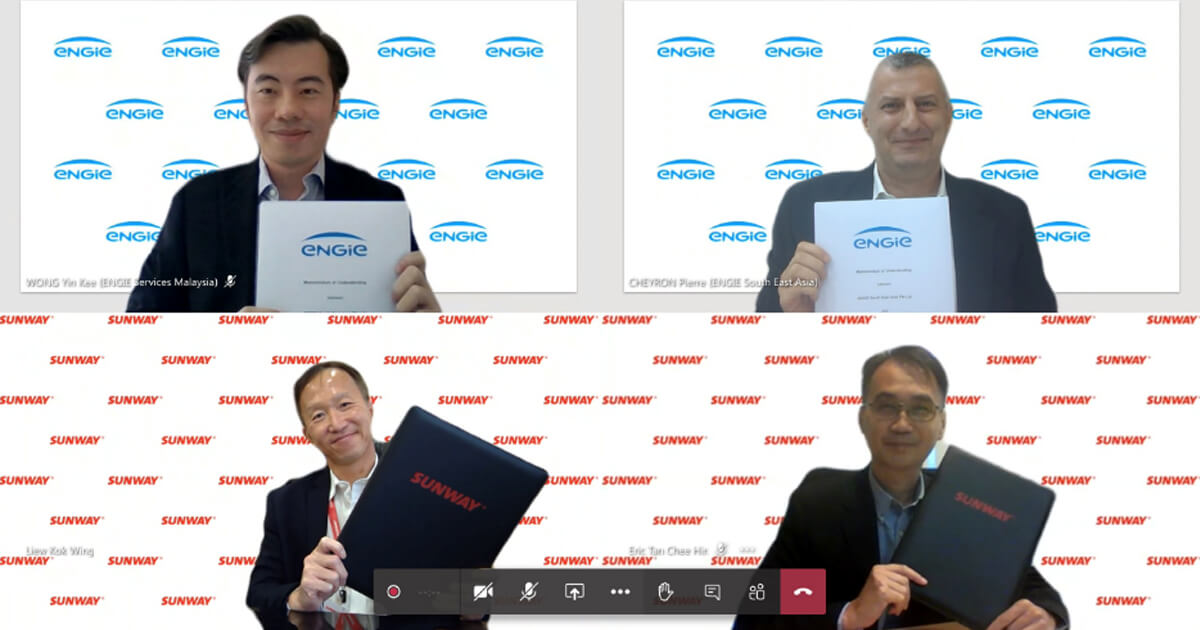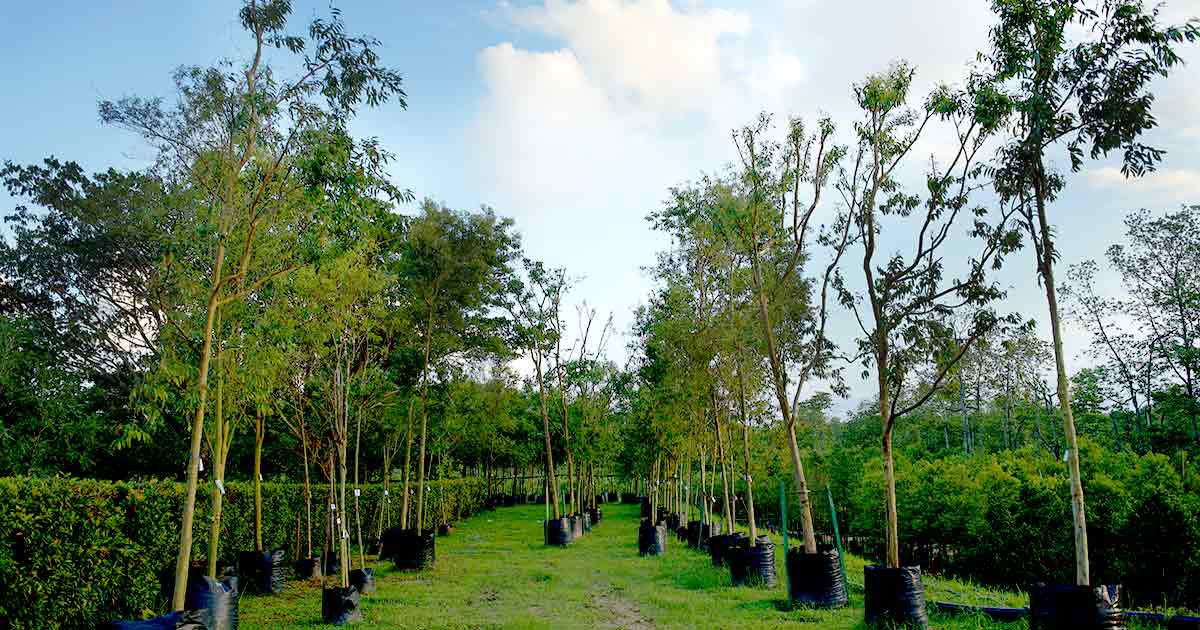Giving New Life to Old Plastics
-
More than 2,000 tonnes of plastic wastes have been transformed into bricks for the construction of shelters, housing, medical centers, and classrooms.
-
Columbian start-up Conceptos Plasticos helps changing the lives of at-risk communities with its unique and recyclable “Bloqueplas’ bricks.
-
The start-up promotes sustainable development by addressing the environmental problem of plastic waste and the rural housing deficit in Columbia.
Plastic waste is often viewed as the end-of-life of a plastic product, depleted of its usefulness and a threat to the environment.
However, in the hands of Columbian architect Oscar Mendez and his social enterprise, Conceptos Plasticos, plastic waste is not only given a new lease of life – it also changes the lives of at-risk communities.
Founded in 2010, Conceptos Plasticos collects the plastic waste from recyclers to form their proprietary ‘Bloqueplas’ modular bricks, which are then used to construct low-cost housing for at-risk communities.
“We are focused on plastics that are difficult to recycle. In Columbia, PET (polyethylene) water bottles have loop closure because there are companies that recycle them to make new ones, but not plastic packaging or sachets – multi-layered type of plastics. We can transform them into something useful,” Mendez said.
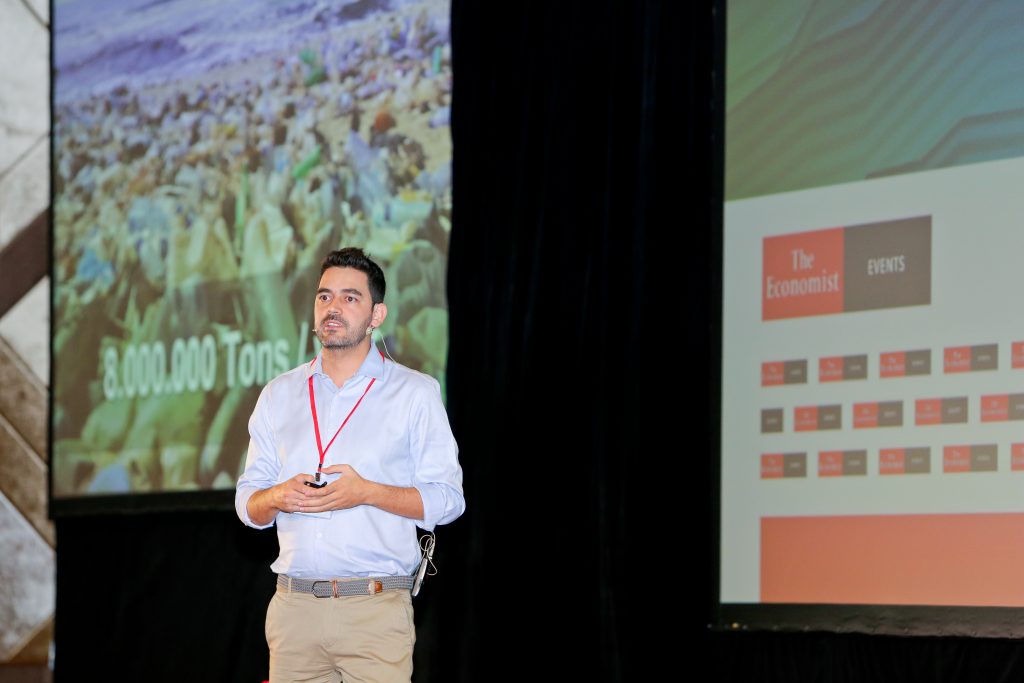
Staying true to the circular economy principle of eradicating waste and maximising resources, ‘Bloqueplas’ bricks that experience wear and tear can be easily recycled back into new bricks. “We have no waste in our factory,” Mendez quips.
The start-up promotes sustainable development by addressing two problems – the environmental problem of plastic waste and the rural housing deficit in Columbia. Among the beneficiaries of Conceptos Plasticos’ modular Embodying the circular economy, Conceptos Plasticos tackles plastic pollution and provides affordable housing with its plastic-waste-turned bricks homes include 42 families that were displaced by civil conflict in the town of Guapi.
Beyond building homes, Conceptos Plasticos also builds the local community by empowering them to construct the houses on their own using the materials provided. Due to their unique Lego-like structure, the bricks are easily slotted together for a more efficient construction process.
To date, more than 2,000 tonnes of plastic trash have been transformed into shelters, housing, medical centers and classrooms in Columbia thanks to the start-up.
Conceptos Plasticos ships building materials to Costa Rica, Aruba, Peru and Mexico from their sole factory in Columbia, where most of their big projects are based. The start-up will be setting up a factory in Africa this year, where it has been contracted to construct more than 500 classrooms.
“There are plastic problems in every country. We want to replicate our model and technology, take local plastic waste and transform them in a local way to resolve the plastic waste issue and the housing shortage,” Mendez said.
However banning plastics, Mendez said, is not the solution to plastic pollution – consumer education is. “If you talk to plastic companies, plastic bags are not a big market for them. When countries stop using plastic bags, it’s not a real solution,” he said.
The solution is to make people understand that they can live without the straw or any single-use plastic. You can recycle plastic. The problem is people – they need to be educated about what they can do about plastic and how to reduce the consumption of it.
Having collaborated with corporations like Dow Chemicals and the Columbian government on community housing projects, Mendez believes corporations need to do more to support social enterprises to realise innovative ideas that promote the circular economy.
“A lot of start-ups die prematurely because they are unable to find financial support. Companies can support their ideas and projects to realise the circular economy,” he said.
This article first appeared in Berita Sunway Issue 64











